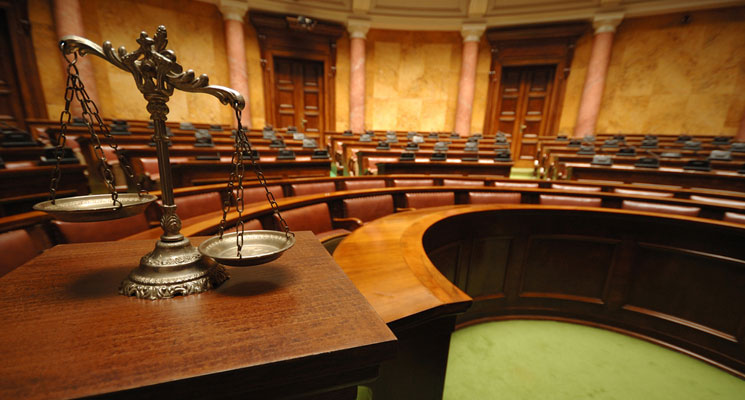
Research Summary
Monitoring telephone calls and stating the extent of their legitimacy and their impact on the public freedoms of individuals and their privacy represented by imposing restrictions on these freedoms.
You made us reach a set of results as follows:
1 – The Jordanian project took the issue of controlling telephone communications in article 88 of the code of criminal procedure but on the Jordanian project, it did not do this procedure, which makes it clear, and free of any ambiguity. The Egyptian project took control of telephone communication in article 95/ 95 bis, which clarified the cases in which such a measure may be taken and specified them exclusively in felonies and them exclusively in felonies and misdemeanors.
There is a disagreement among the criminal law jurists regarding the adaptation of the procedure whereby telephone calls are monitored. some of them considered it a form of searches and some considered it a seizure and some considered it a special measure The process of monitoring telephone calls is an assault on the freedoms of individuals which has prompted legislation in general to make the decision to do so within the jurisdiction of the judiciary surveillance of phone calls should be useful in reaching the truth which is to reach the crime and its perpetrator.
There is a jurisprudential opining that considers monitoring calls an unlawful measure as it contravenes the constitutional texts, which stipulate the crime of individual’s lives, and privacy.
تمهيد
أدى التطور الهائل في وسائل الاتصال بكافة أنواعها، إلى ظهور أنواع جديدة من الجرائم المرتبطة بالتقدم العلمي والتكنولوجي والظروف الاجتماعية والاقتصادية، لذا كان لا بد من إيجاد آلية مناسبة لضبط هذه الجرائم التي أصبحت تهدد حياة الأفراد، وكان لا بد كذلك من إيجاد وسيلة معينة للتوصل إلى فاعل الجريمة والوصول إلى الدليل الذي يدينه، وذلك من خلال تسجيل المكالمات الهاتفية دون المساس بحرمة حياة الإنسان وسرية مكالماته الهاتفية، والتي يحرص عليها الانسان بعدم إعلانها للغير والحفاظ عليها وإحاطتها بسياج من السرية والحماية لارتباطها القيمي في المجتمع.
هناك أمور ممنوعة في مجتمع ما إلا أنها مسموحة في مجتمع آخر، وبالتالي فإن احترام حقوق الإنسان وخصوصياته تتباين من مجتمع لآخر تبعا لمعتقدات هذا المجتمع، وطبيعة الأنظمة السائدة فيه، فنجدها أكثر اتساعا في الدول الديموقراطية، وأضيق ما تكون في الدول البوليسية التي تتبنى العقلية الأمنية.
إن من حق الإنسان الحفاظ على سرية مكالماته ومنع الآخرين من الاطلاع عليها من ، وله الحق في إن يحتفظ بأسراره الشخصية، وأن يبقيها في صندوق أسراره دون المساس بها أو الاعتداء عليها، وهذا ما أكدته الشريعة الإسلامية التي أولت الأمن الشخصي والاجتماعي الأهمية القصوى، واحاطت الإنسان بتقدير كبير، بل أن حق الخصوصية جزء من النظام الاجتماعي الإسلامي، كالمأوى والمراسلات والأحاديث الشخصية؛ فكما حرم الإسلام دخول المنازل دون أذن مسبق من أهل البيت حرم التجسس وتسجيل كلام الآخرين، قال تعالى : ((ولا تجسسوا ولا يغتب بعضكم بعضا)) صدق الله العظيم.
